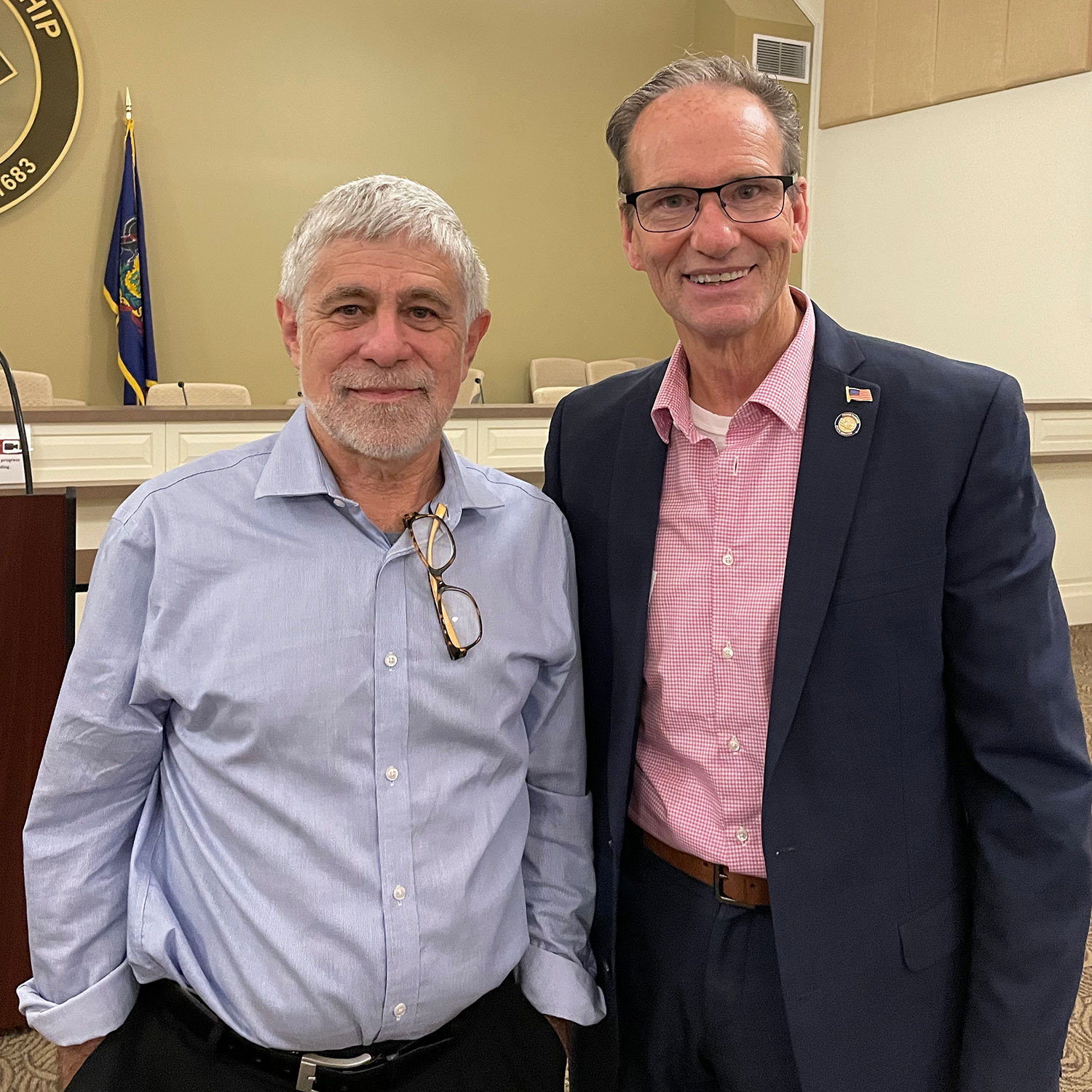Who better than a Californian to speak to the Chester Water Authority about winning a water war? Disputes over water rights are rife in the southwest. California once fought with Arizona over the rights to the Colorado River water, and Arizona called out its National Guard to stop dam construction. The CWA, which serves 200,000 […]

